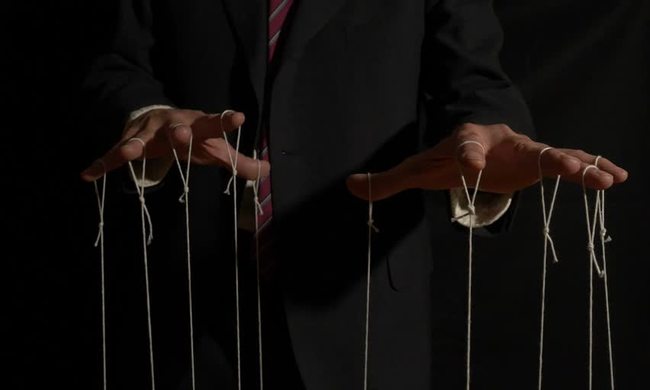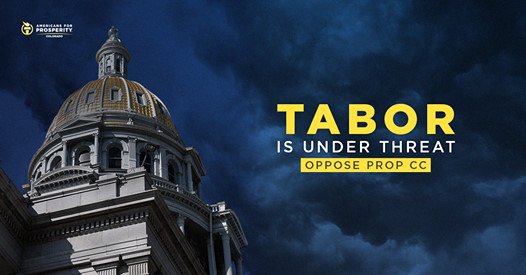The federal lawsuit to repeal TABOR through the courts took an expected step recently. The team bringing the lawsuit has been arguing that TABOR restricts legislators’ ability to act. The lawsuit is now known as “Kerr vs. Polis”. The first question, which our side thought was settled by the US Supreme Court’s ruling on a similar Arizona case, is whether the lawsuit can be brought by the plaintiffs – that is, do those entities have “standing”? The most recent argument, available at this link http://www.scribd.com/document/429794251/19-09-30-Appellants-Response-to-Governors-Pt-for-Rehearing-en-Banc is the plaintiffs’ written argument that the 10th Circuit should drop the issue of standing and allow the case to proceed directly.
A three-judge panel found that the amended list of plaintiffs could bring the lawsuit and therefore it could proceed on the merits. The defenders of TABOR believe that this was an errant ruling and the dissenting justice was very direct, saying that the plaintiffs’ argument “…. is so meager as to constitute waiver. Moreover, their argument—insofar as I am able to piece it together—also fails on the merits.” We hope that the entire 10th Circuit Court of Appeals will agree to hear the appeal again (“en banc”). The Court of Appeals can be expected to accept or decline the Motion reasonably soon, according to a Colorado attorney familiar with the case. The TABOR Foundation has been monitoring this situation in conjunction with the National Federation of Independent Business, with whom we partnered in previous amicus filings.







